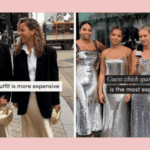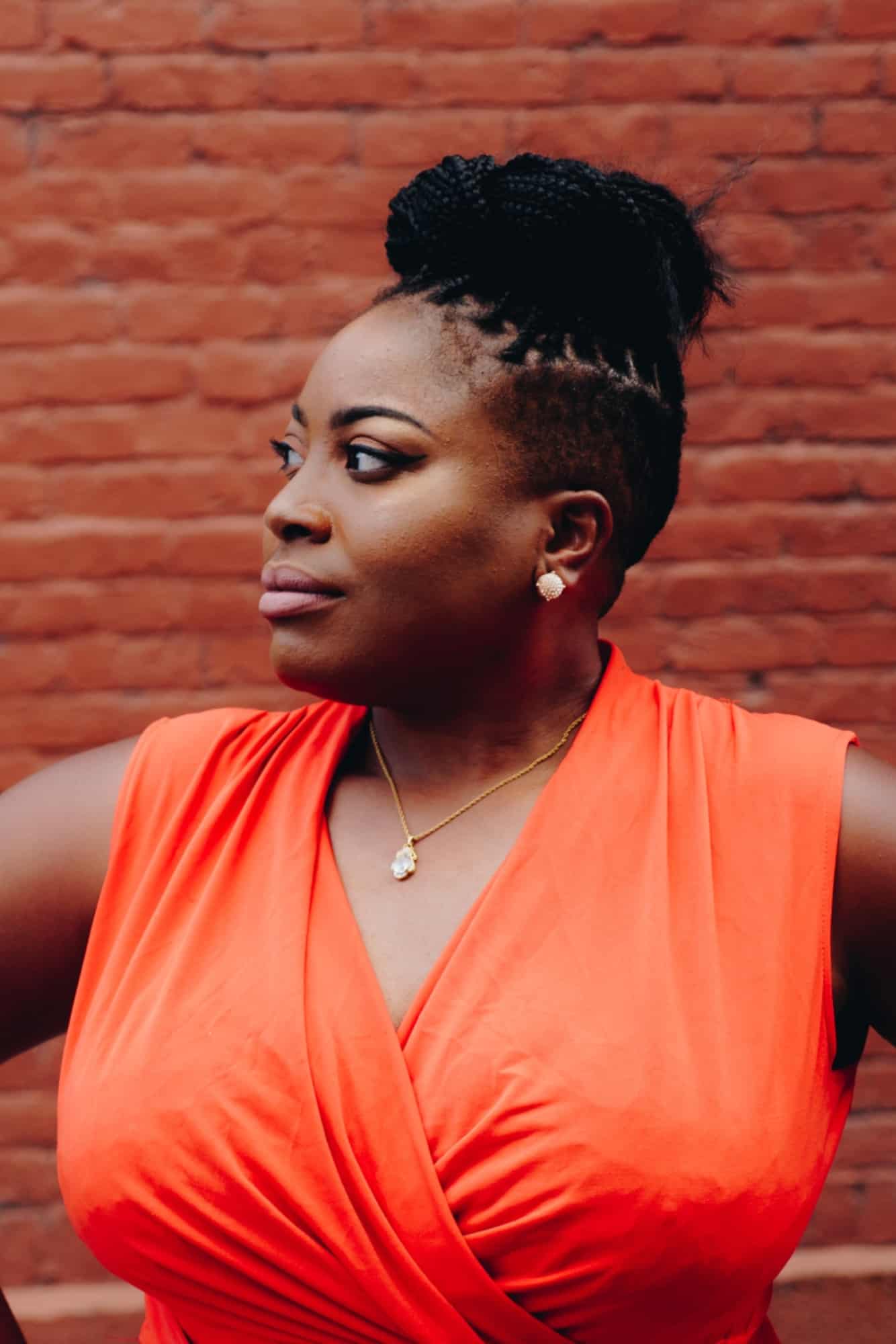Influencer marketing has exploded in the aftermath of the coronavirus pandemic due an increase in online shopping and many brands either closing their physical stores or adopting a direct-to-consumer business model. In these scenarios, working with influencers allows companies to accelerate the growth of their own communities on social media platforms and gets their products or services in front of their target audiences via placement on influencer channels.
A key benefit of influencer marketing is that it gives brands the opportunity to present their products to consumers in a relatable way. The influencer lens is distinctly human and when they review or describe a product, they will often draw upon their own experiences to communicate its benefits. For example, a parenting influencer promoting a buggy may reference their experience of other buggies with previous children to qualify their positive opinion. Then, they will answer questions from their followers in real-time in the comments sections under the content.
Brands are able to market their products and services in a variety of ways through influencer channels. The most common kind of partnership is focused on sponsored content – where the brand pays the influencer to feature their products in their content. Many brands also hire influencers to be long-term ambassadors in which they continually promote their products, including them in their content as part of their day-to-day life across Instagram, YouTube and TikTok. Businesses which are hosting events that they want to have high visibility on social media will invite a number of influencers to these. In some cases they are paid to be there and the content they post about the event will be pre-decided however, more often than not they are not paid and therefore promotion is not guaranteed.
You may also like
A similar arrangement to this is gifting products. Although many brands will send influencers a selection of their products to try, if the influencer is not paid money to promote the product, the brand cannot expect coverage. However, if the influencer becomes a fan of the product and posts about this organically, the content can have a profound impact on the brand’s success.
Another successful way brands work with influencers is involving them more deeply in their businesses. Fast fashion retailers such as In The Style and Pretty Little Thing have co-created collections with influencers which often sell out. This requires a significant investment from the brand but can pay significant dividends. Meanwhile, publishers and broadcasters are hiring influencers to host podcasts and write columns to ensure this content will have an immediate audience, and larger corporations are inviting influencers to sit on their boards and educate them on the power of digital. Some influencers even have equity in companies in return for continual promotion.
The influencer’s place in the business world ever-increasing and diversifying but regardless of how companies partner with influencers to market their product, the purpose of influencer marketing is to humanise and amplify the reach and benefits a brand offers consumers. The dream end result? That this work leads to a large volume of customers, but this is much harder to guarantee.
By Sara McCorquodale, CEO and founder of CORQ, author of Influence: How Social Media Influencers Are Shaping Our Digital Future.










